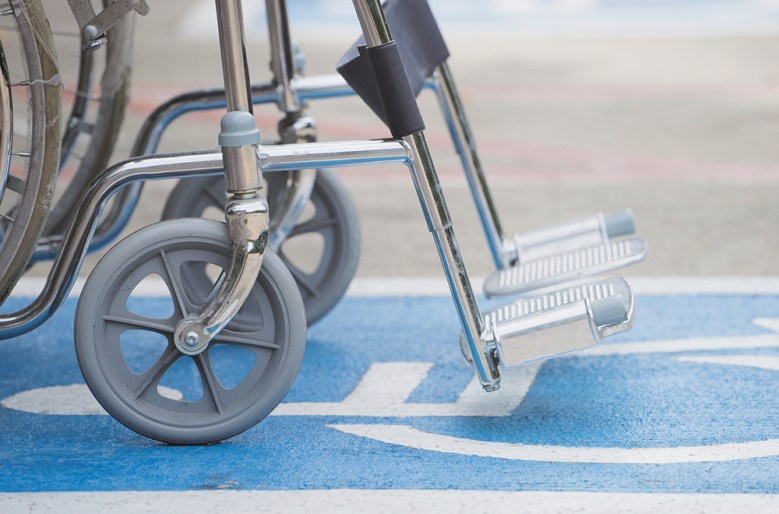The federal government is trialing a scheme to recycle disability support equipment, potentially saving it hundreds of millions of dollars each year and increasing access to this equipment for people with disability.
The Assistive Technology Rental and Refurbishment Pilot, delivered by Ability First Australia, will trial new ways of increasing access to, responsiveness and affordability of assistive technology. It also aims to reduce equipment waste through the recycling process.
Over 600 people will be supported over two years. Ability First Australia will roll out the pilot program in partnership with its member organisations, NovitaTech and St. Giles across South Australia and Tasmania, with a final pilot in a third state or territory to be announced in due course.
According to NDIS data, in the year to September, it funded:
- $589 million for assistive technology (AT) capital items, repair and maintenance;
- $693 million for consumable or low-cost AT (items of less than $1,500 value).
These totals include $104 million for South Australian participants and $30 million for Tasmanian participants to meet their AT needs.
Shorten said the pilot will improve accessibility to assistive technology by reducing wait times, and help save participants’ NDIS funding.
“Assistive technology unlocks new opportunities for social, economic and community engagement, and equips many people with disability with the resources they need to thrive. Boosting access to affordable assistive technology is a crucial step in creating an Australia where individualised needs can be met by our support systems and no person with disability gets left behind,” he said.
The pilot program will be funded through an Information, Linkages and Capacity Building (ILC) program grant, a nation-wide program that supports people with disability to reach their full potential and equally engage with their local communities.
More information about the pilot program is available on the Ability First website.

